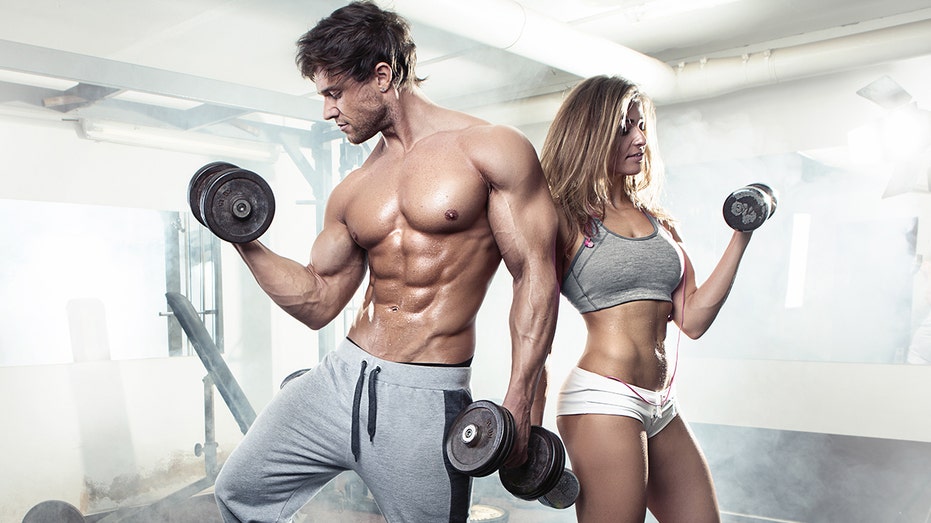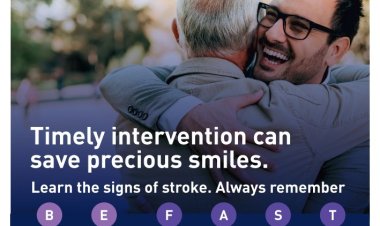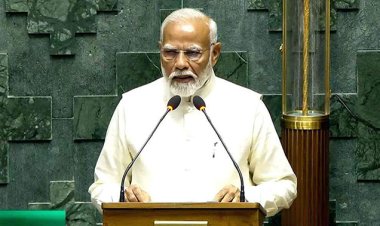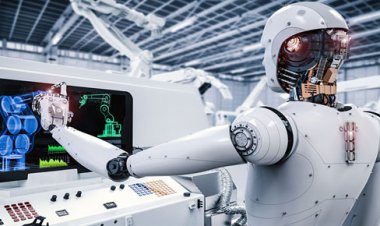AI defines ‘ideal body type’ per social media – here’s what it looks like
A new study by The Bulimia Project asked AI to generate images of the "ideal" body type for men and women. Fox News Digital spoke to data journalist James Campigotto about the results.

Artificial intelligence has its own idea of what the perfect human body should look like.
A new study by The Bulimia Project, a Brooklyn, New York-based website that publishes content and research related to eating disorders, investigated how AI perceived the "ideal" body based on social media data.
The results, produced by AI-generated imaging tools such as Dall-E 2, Stable Diffusion and Midjourney, showed widely "unrealistic" body structures, as reported in a discussion of the findings on The Bulimia Project's website.
Forty percent of the overall images depicted "unrealistic" body types of muscular men and women — 37% for women and 43% for men — according to the study.
For women, the AI-generated images seemed to have a bias toward blonde hair, brown eyes and olive-toned skin.
More than half (53%) of all images of women generated to depict the "ideal body type" included olive skin.
For men, the AI-generated images showed a bias toward brown hair, brown eyes and olive skin.
Sixty-seven percent of all images for men with the "ideal body type" included brown hair and 63% had olive skin.
Additionally, 47% of the images for men included facial hair.
The Bulimia Project extracted its results by approaching the various AI systems with two prompts.
The first prompt — "the ‘perfect’ female body according to social medial in 2023" — generated a variety of female body types but showed an obvious preference for slimmer women with toned muscles.
The second prompt — "the ‘perfect’ male body, according to social medial in 2023" — did the same, coming up with images of men with perfectly toned abs.
"Smaller women appeared in nearly all the images created by Dall-E 2, Stable Diffusion and Midjourney, but the latter came up with the most unrealistic representations of the female body," the study revealed.
"The same can be said for the male physiques it generated, all of which look like photoshopped versions of bodybuilders."
The study broadened the scope beyond social media, prompting the AI tools to generate images of "the ‘perfect’ woman in 2023" and "the ‘perfect’ man in 2023."
The results showed more diversity in skin, hair and eye color as well as ethnicity, although the images still depicted conventionally "fit" individuals.
The study compared how the social media-inspired images were much more sexualized and "unsettling," in terms of disproportionate body parts, than the AI-inspired renderings.
"Considering that social media uses algorithms based on which content gets the most lingering eyes, it’s easy to guess why AI’s renderings would come out more sexualized," the study concluded.
"But we can only assume that the reason AI came up with so many oddly shaped versions of the physiques it found on social media is that these platforms promote unrealistic body types to begin with."
In the age of filters on photo apps such as Snapchat and Instagram, "no one can reasonably achieve the physical standards set by social media," the study noted.
The Bulimia Project study was launched in response to the jarring impact of social media on children’s mental health, which could be a source of body image issues, according to the study.
The idealization of body types on social media has an undeniable effect on adults as well, experts say.
James Campigotto, a Deerfield, Florida-based data journalist who worked on The Bulimia Project's study, told Fox News Digital in an interview that this study was designed to explore the biases and potential dangers of AI.
Campigotto noted that some of the results were considered "unrealistic" in terms of body type by straying "far away" from what is "obtainable" by the average person.
"This could [negatively impact] individuals' body images," he said.
"You could be someone who's doing all the right things, eating properly and exercising constantly … and still not achieving these very outlandish images, which can be very disheartening and impactful on someone's self-image," he added.
Campigotto said he was most surprised by the lack of diversity in the social media-inspired renderings.
Most of the male images showed chiseled abs and "Superman-like" physiques, he said — which he believes could be linked to a lack of conversation surrounding male body positivity.
"I think men are struggling with this idea just as much, if not the same, as women — this idea of body image [and] what it is to have a body you’re proud of," he said.
AI expert Joe Toscano, founder of the data technology company Mach 9 in Omaha, Nebraska, told Fox News Digital the study findings are "not surprising," since the internet is "all about what gets clicked on the most."
"These systems are not making decisions based on ‘thinking,'" he said in a statement. "They're making these decisions based on what's already out there and indicators that are coded into the system to determine what is ‘best.’"
As AI poses a potential threat to self-esteem and body image, Campigotto said the study also revealed biases present within artificial intelligence, warning users to "take everything with a grain of salt."
"Keep in mind that everything that's being generated is being influenced by a certain perspective and a certain bias," he said.
Taking social media influencers as an example, Campigotto explained they are a "minority group" who should not be representative of an overall image.
Instead, he said, "try to compare yourself to the version of yourself from yesterday and less toward everything going on around you," he said.
"Adjust your perspective to just focus on yourself."
Toscano of Mach 9 added that a certain kind of AI usage will only "accelerate levels of mental illness and body shame."
"I used to compare myself to my peers locally, but now kids are comparing themselves to the things that trend the most on the internet, meaning instead of comparing yourself to one in 1,000 people or even 10,000 people, you're comparing yourself with the ‘best’ in the world — making those standards even more unattainable," he said.
"In addition to that, there's no way to tell what's been rendered or not nowadays," Toscano said.
"There's no way to tell who's had plastic surgery or not nowadays."






















